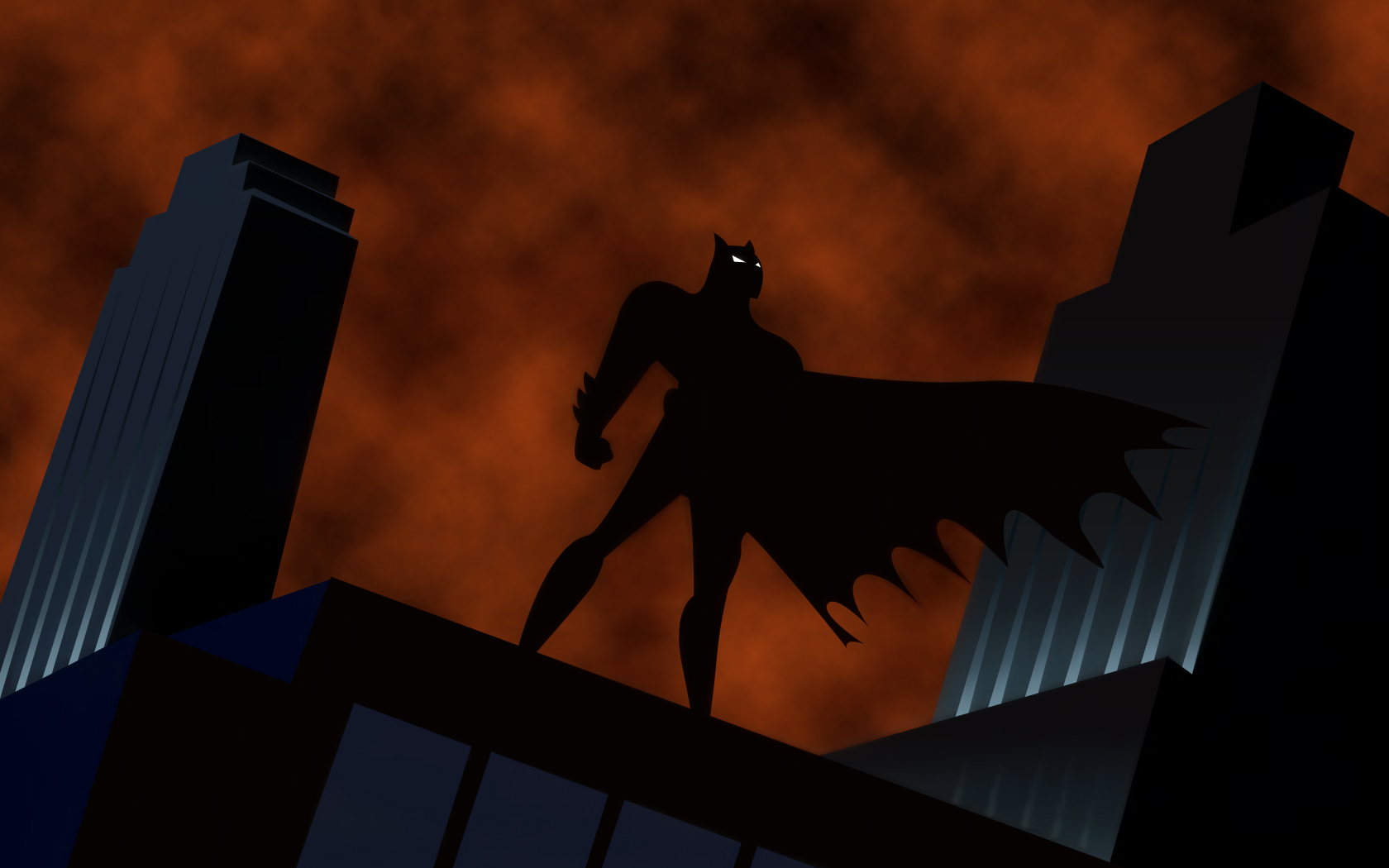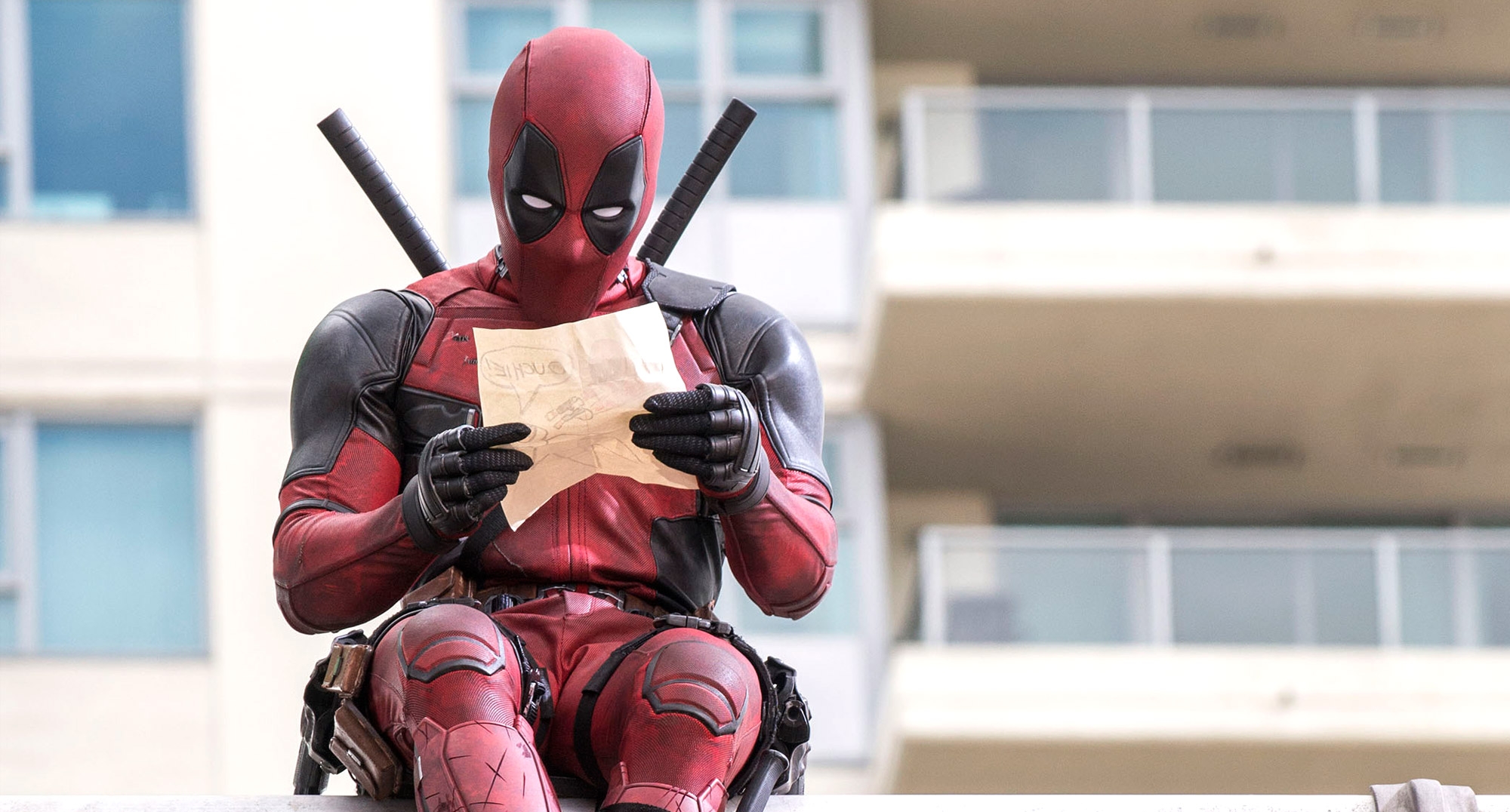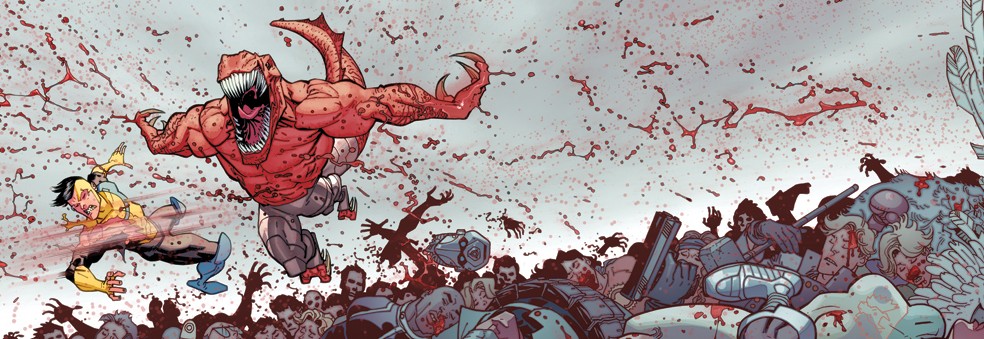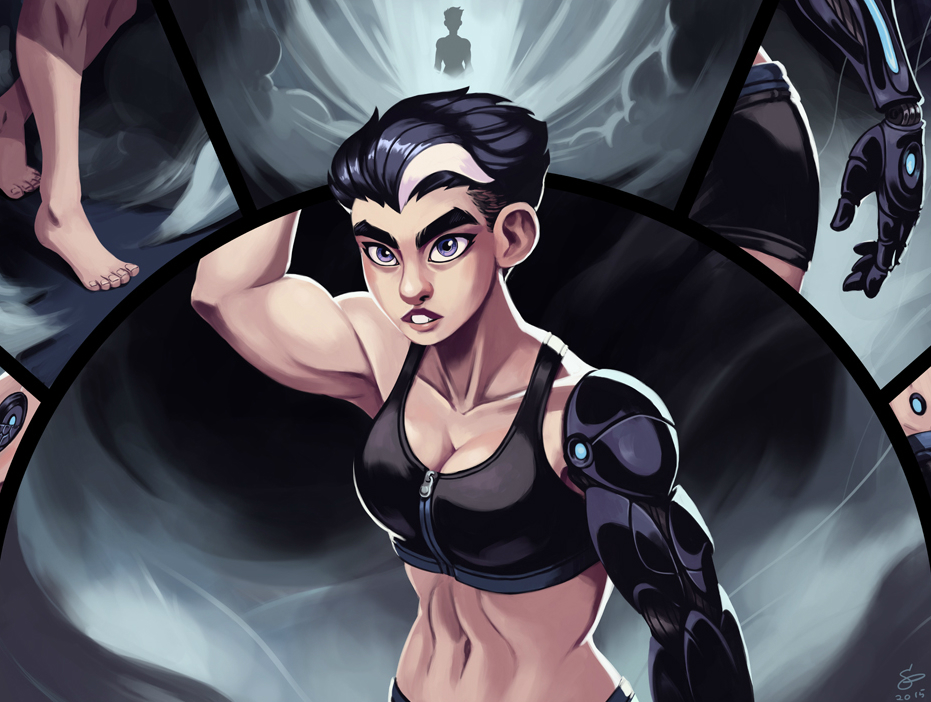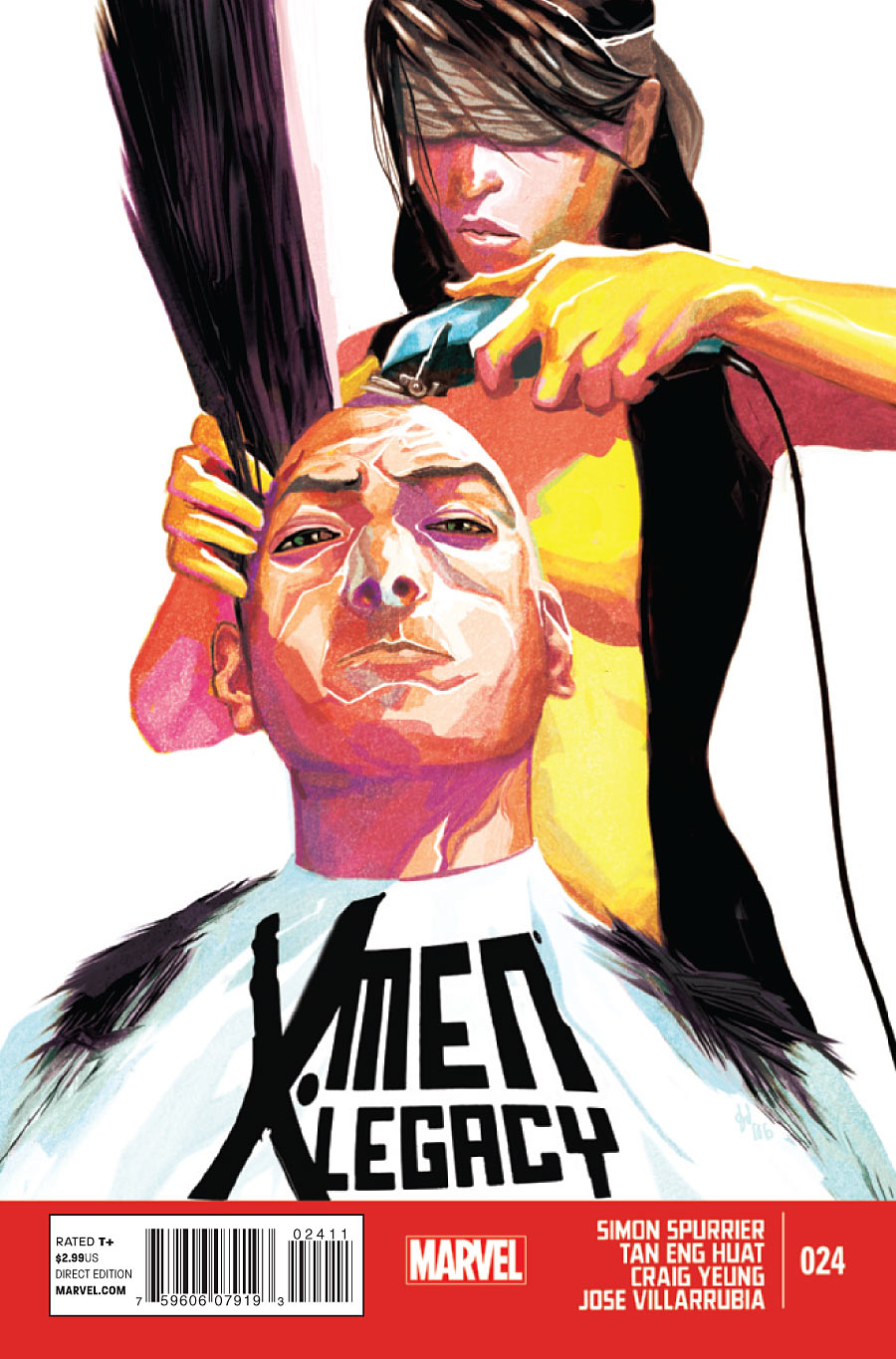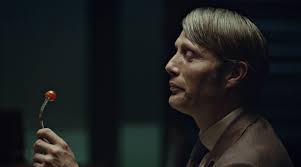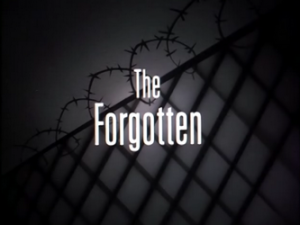
Directed by: Boyd Kirkland
Written by: Jules Dennis, Richard Mueller and Sean Catherine Derek
Original Air Date: October 8th 1992
Synopsis: [from Wikipedia, see Link: Here] While investigating the disappearances of Gotham’s homeless in an undercover disguise, Bruce Wayne is kidnapped and imprisoned in a chain gang mining camp, suffering from amnesia. Alfred must thus track him down, help him escape, and free the rest of the prisoners.
The Forgotten is an episode that almost functions as a meta title in that it appears as one of the most ‘forgotten’ episodes of the series. Inspired by the simple premise, the episode focuses on what Batman would do, if he lost his memory, suit or gadgets? Would he still fight crime and save peoples lives the way he normally would? Is he, to quote Liam Neeson in Batman Begins, “More than just a man?”
While a fairly intriguing idea, sadly the episode doesn’t match up to these initial questions. The episode begins with Bruce Wayne volunteering at a local soup kitchen, where he learns that there are several local homeless people going missing in Gotham City. Ever the detective, Bruce decides to investigate, only to be captured and taken to a labour camp, where these men are being forced to work as slaves. While there, he suffers from amnesia, which leads him to desperately try and remember his past.
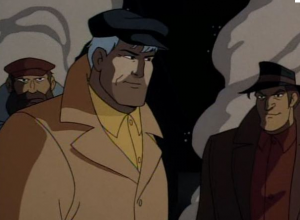
The episode perhaps functions best, when it is focused on the main character, particularly his focus to escape and save the people in the camp. While captured, we get some neat sequences offering firsthand insight into Batman’s psyche. Moments such as surreal dream sequences featuring the Joker demonstrate the internal battle within Bruce’s mind as he slowly remembers his true identity. There’s also a great deal of catharsis to be had when Batman himself arrives and deals out some punishment to his captors, even though the action scenes are pretty generic.
Despite these interesting windows into Batman’s mind, the episode doesn’t necessarily get to grips with the questions posed by the writers. Instead, it merely answers them, by having Batman just straight-out remember who he was. While we get glimpses of what is perhaps a underlying heroism embedded within him (notably when he saves Riley), it’s just one scene. Not enough to give us a definitive answer. Again, much like the character development of the supporting characters, it almost feels as though the run time may have been a contributing factor to this.
The Forgotten also allows us to see the series demonstrate one of Batman’s most common tropes from the comics – that of his many undercover disguises, which he uses to infiltrate and get closer to his investigations. Its a nice touch, however his actual capture is somewhat of a let down. After a fairly low key brawl against two henchmen, Batman is hit from behind by another of their colleagues. While normally I would be the first one to note that Batman’s mortality is what makes him so effective as a superhero protagonist (i.e. he is flawed, human, not invulnerable to risk), him being caught out here is somewhat uncharacteristic of the professional Dark Knight presented by the series; one who appears at the peak of his powers.
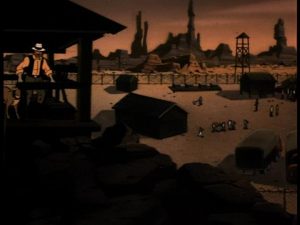
The animation in this episode appears somewhat on the lower end of the quality scale, particularly when compared to episodes such as On Leather Wings or P.O.V. Despite this, the atmosphere of this episode is neat, with a distinct shift from previous installments, focusing on a more dust bowl, depression styled aesthetic of the desert and mine, as opposed to the noirish dark-deco of Gotham. It’s an interesting change, and when coupled with Shirley Walker’s distinct Harmonica score, offers one of the few instances where the series diverts itself away from the urban city, which is even more surprising, considering how forgettable the episode is.
Part of this is down to the fact that there is no headline villain or unique story line/narrative at play here. In what could have been a subtle commentary on the evils of people trafficking or the dangers of homelessness on America’s streets, the episode is instead a ‘by-the-numbers’ plot, which other than taking Batman out of his costume for the first 20 mins of the episode, has little innovation on offer.
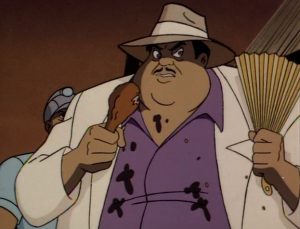
Also, While many other episodes of Batman: The Animated Series have used ordinary criminals and industrialists as antagonist, the villains in The Forgotten are somewhat generic and have little motivation or device other than the cliched need to mine for gold. Although the appropriately named Boss ‘Biggis’ (an obese, Mr Creosote-esque character) is somewhat memorable, there’s not much to him apart from a delightfully goss-out delivery by George Murdock (achieved by Murdock delivering his lines whilst eating, no less). Instead, the character comes across as very one-dimensional; a weakness that could also be leveled at Bruce Wayne’s fellow workers, Riley and Smith. Although understandably difficult within the episodes 20 minute run time, these characters appear as cardboard cutouts when they should be adding pathos to the plot.
While The Forgotten is an fairly intriguing idea with some nice touches towards traditions from Batman’s past, the episode sadly falls short due to one-dimensional villains, limited run time and plotting. Although it’s not a complete failure of an episode (i.e. The Underdwellers) it is still something of a mediocre fare, particularly when compared to many of the other episodes that the series has to offer.

